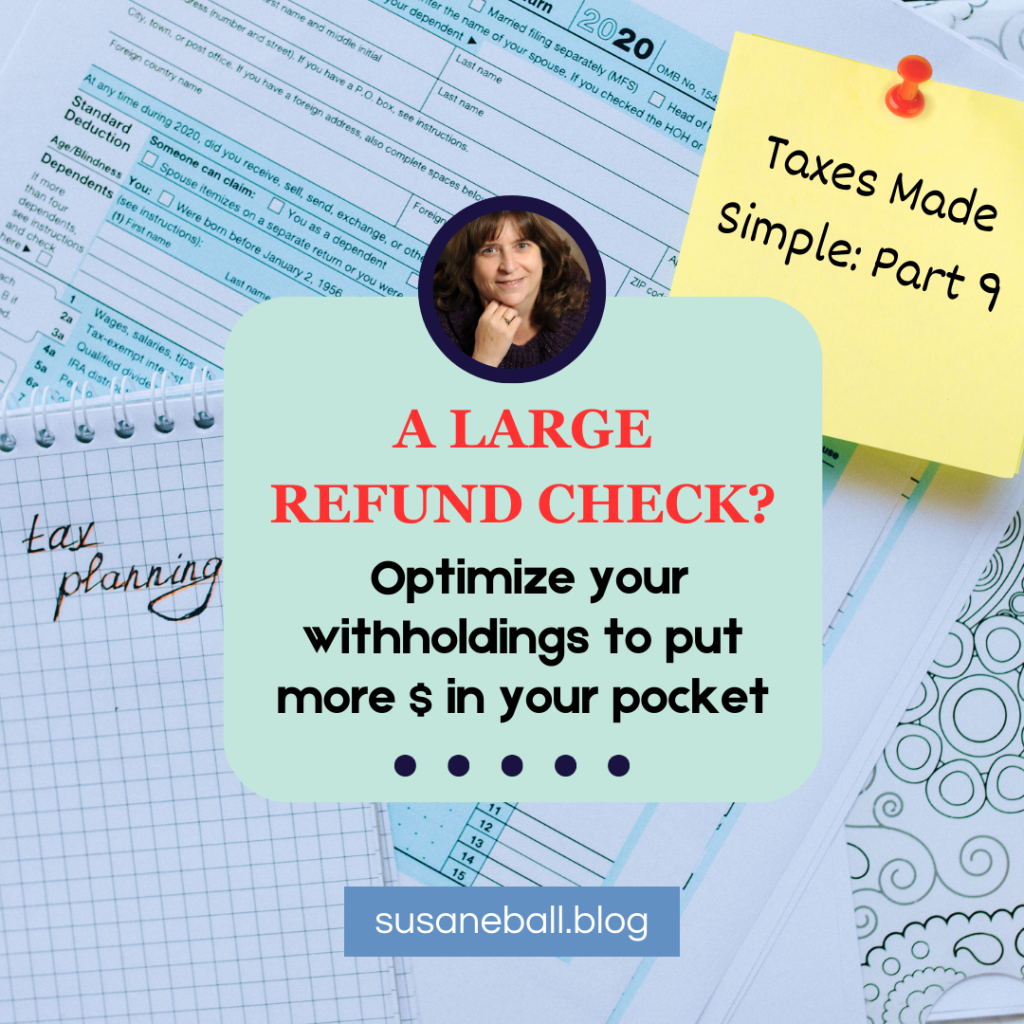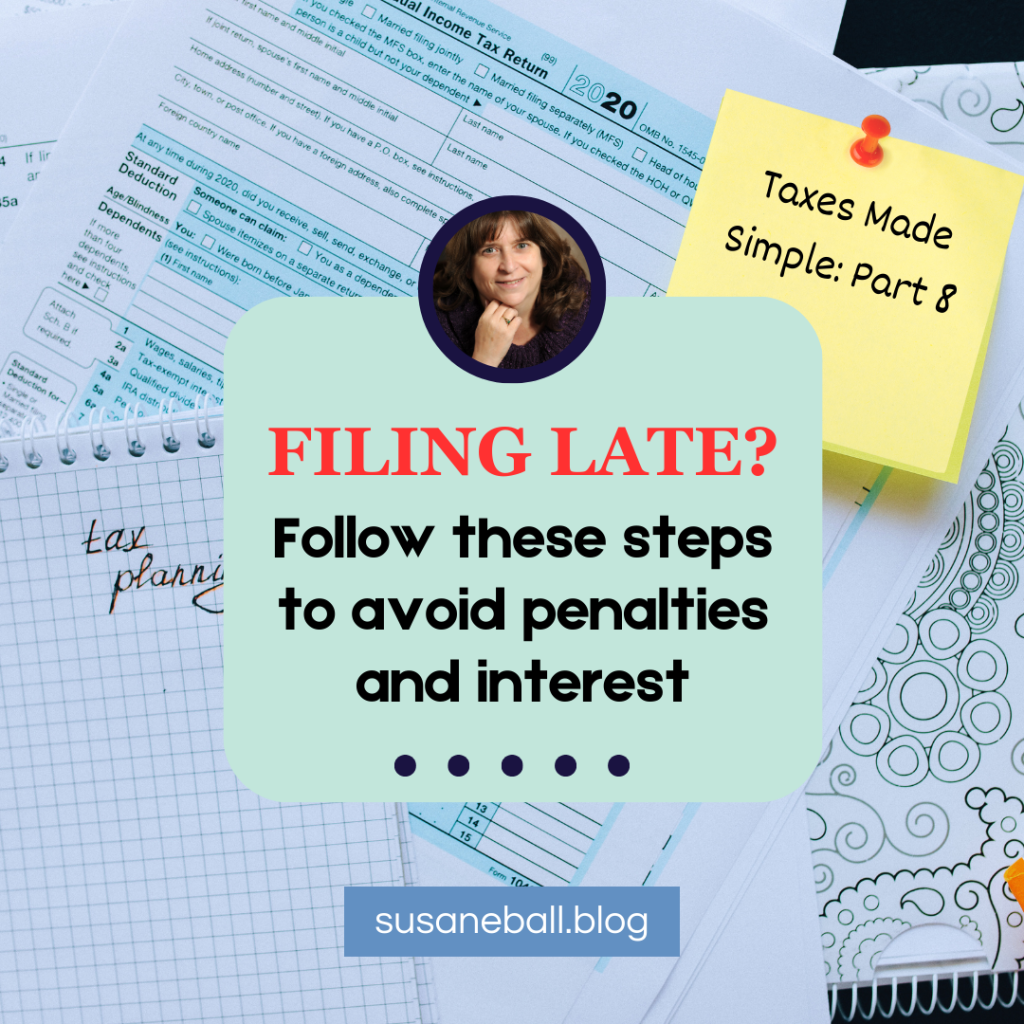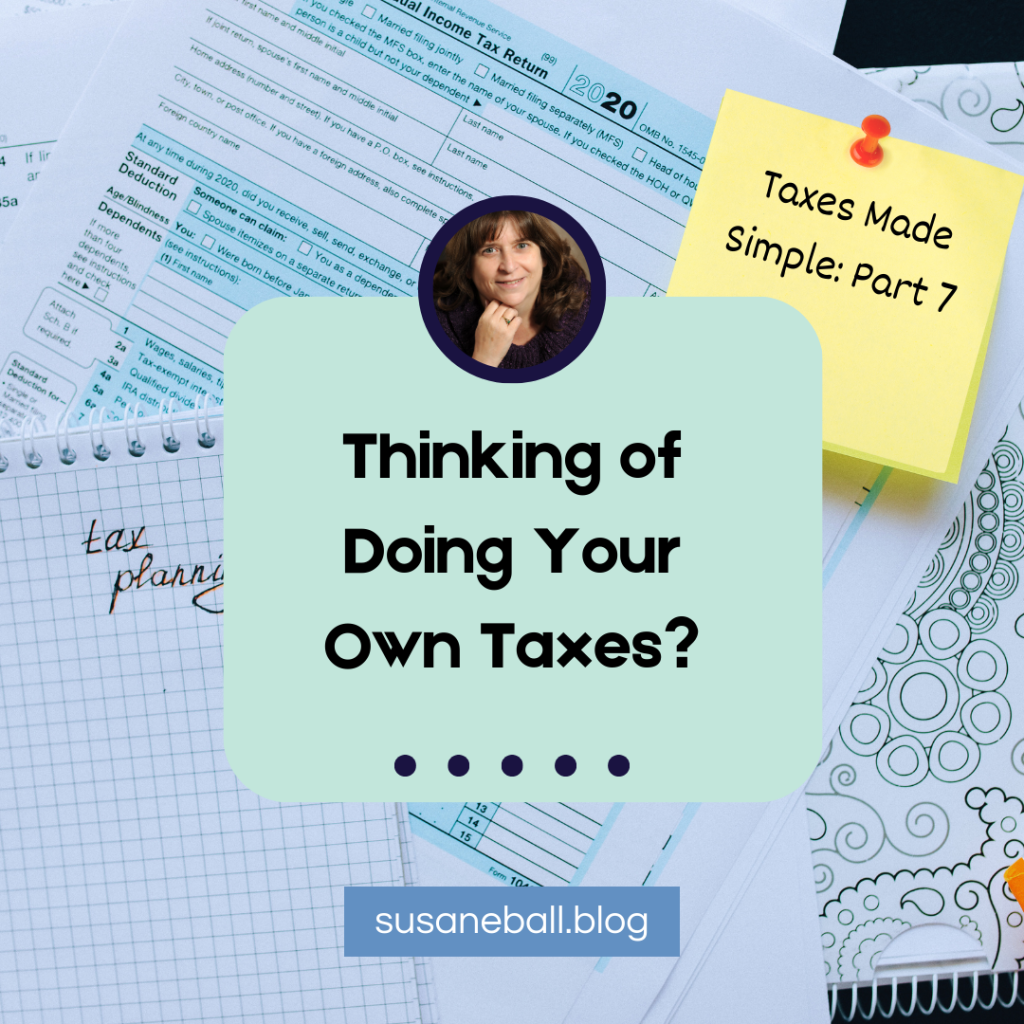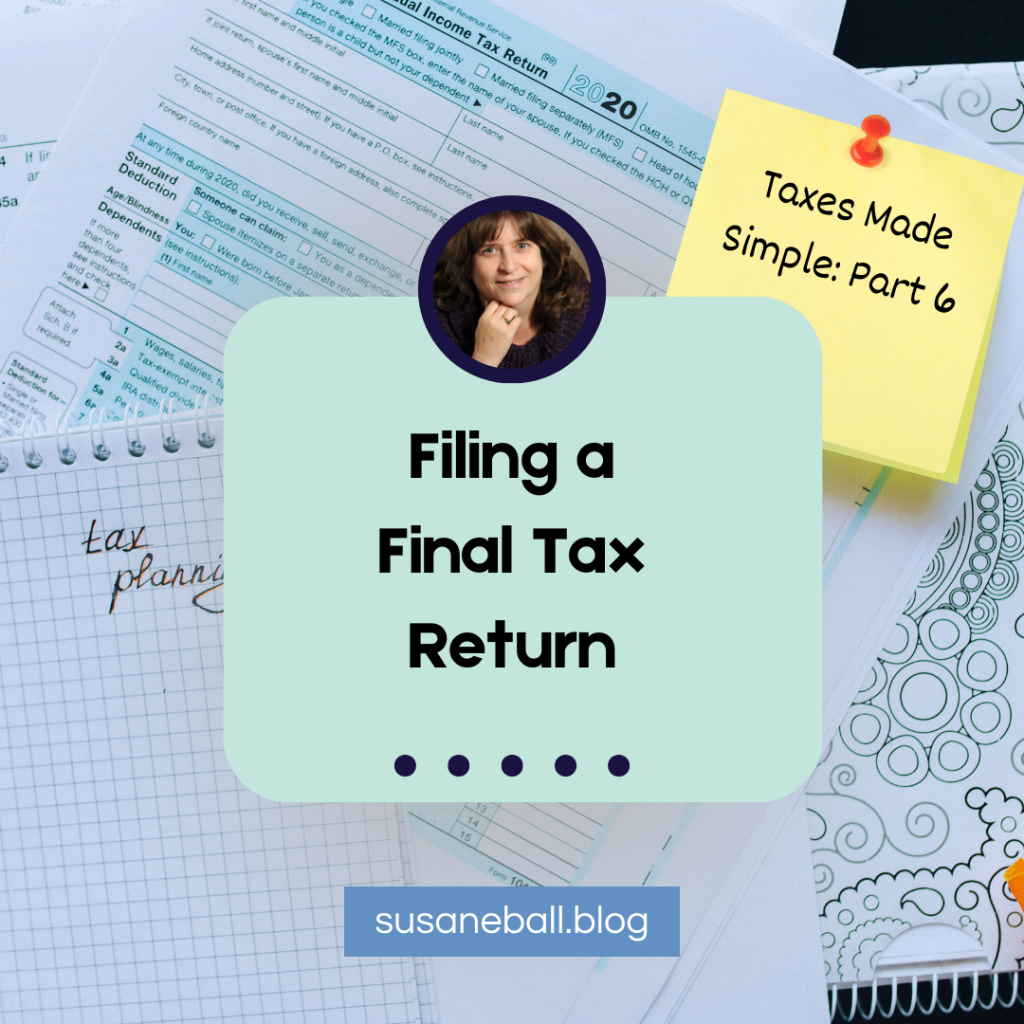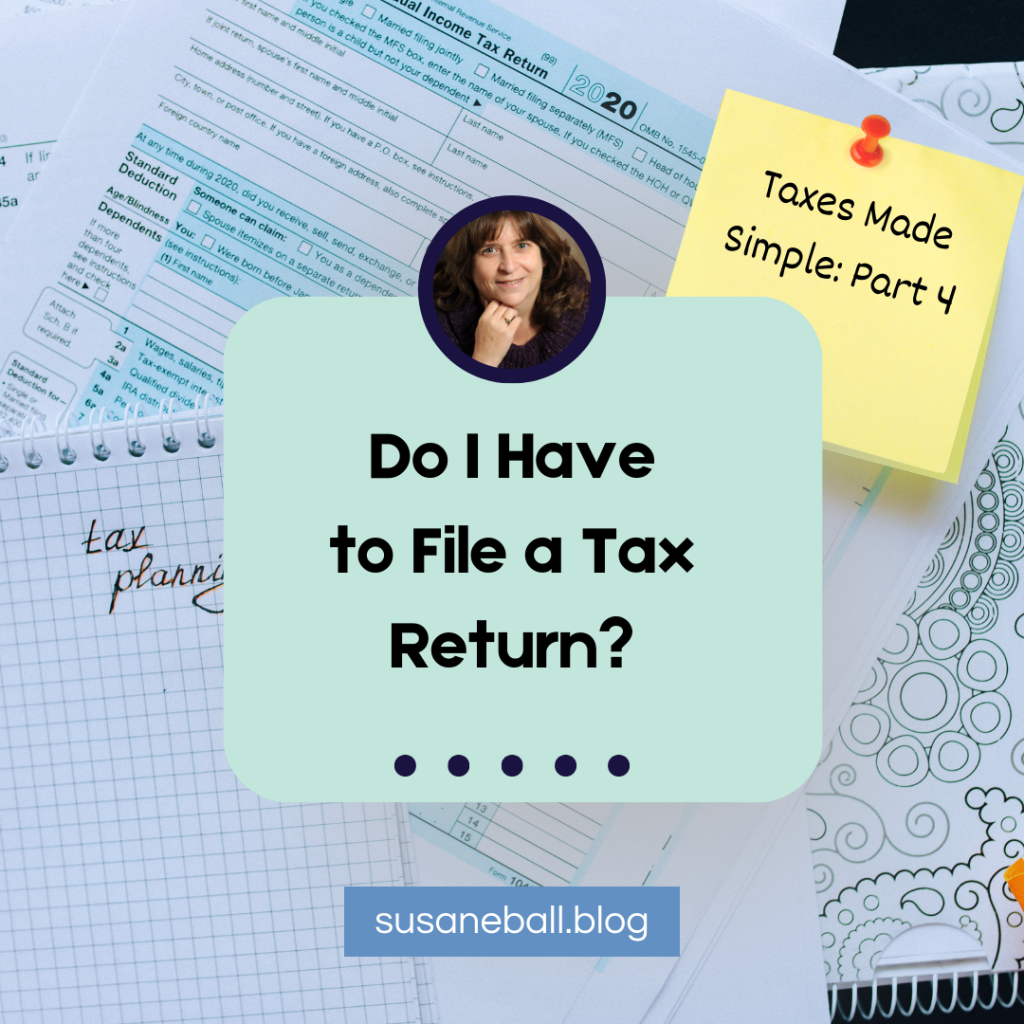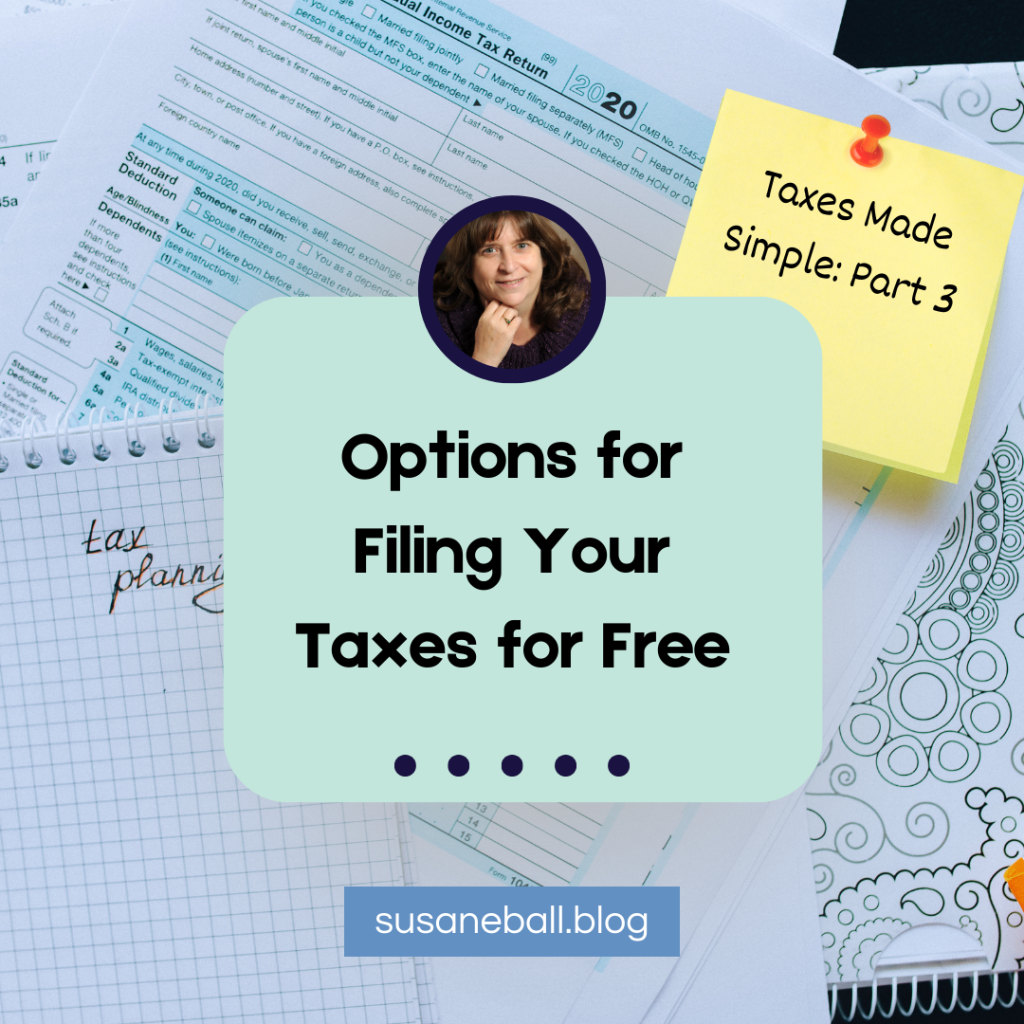
Are you one of the millions of Americans considering opening a business? Before taking the plunge into business ownership, ask yourself these questions and answer them as honestly as possible.
Am I comfortable taking risks? Risk is an inherent part of starting a business. If you’re considering leaving your current job to start your business, you’ll be giving up a steady income. There’s also the risk of depending on your business to provide for your family’s needs. If you’re uncomfortable with risk, starting a business may not be the right choice for you.
Do I have money to invest in starting a business? Financial planning is a crucial aspect of starting a business. We often meet with people who don’t have any cash to invest in starting a business and expect to be able to borrow 100% of the startup costs. This is not a realistic expectation. A lender will expect the business owner to have 10- 20% of the startup funding needed. If you don’t have the capital to invest but you really desire to start a business, consider options that require little or no investment. Such enterprises include consulting services or virtual services you can do from home using only your computer.
Do I have time to devote to running a business? All businesses require time to work both in and on the business. Many business owners tell us that they work 40 or more hours in their businesses each week and work another 10 – 20 hours on the business. Working on the business includes marketing and networking efforts to find customers, invoicing, bill paying, scheduling, and many other necessary tasks that do not generate revenue.
Am I comfortable making decisions? A business owner makes many important decisions every day. These decisions include which jobs you want to bid on, the proper price to charge for your services, how you will market your services, and whether you should hire (or fire) an employee. If you are hesitant to make these decisions, business ownership may not fit your personality.
Do I have the expertise to do the work and run the business? We often encounter individuals lacking the skills to perform the tasks required to start their desired company. They plan to hire the appropriate individuals to complete the job. For instance, a non-chef may open a restaurant with the intention of employing a talented chef. This approach may prove successful until the hired chef departs for another position. Prospective business owners need to have some training and experience in the services they will offer so they can do the work themselves when necessary. They also need to be capable of recognizing when an employee is not doing the job properly or well.
Does my family support my decision? Running a business is hard work. It requires working long hours and committing family financial resources to succeed. You need the support of those in your immediate family. You should reconsider if those closest to you do not support your decision.
If you answered yes to these six questions, you may be ready to move forward with starting your own business. This series of blogs will give you more valuable information that you need to be well-prepared for success.

